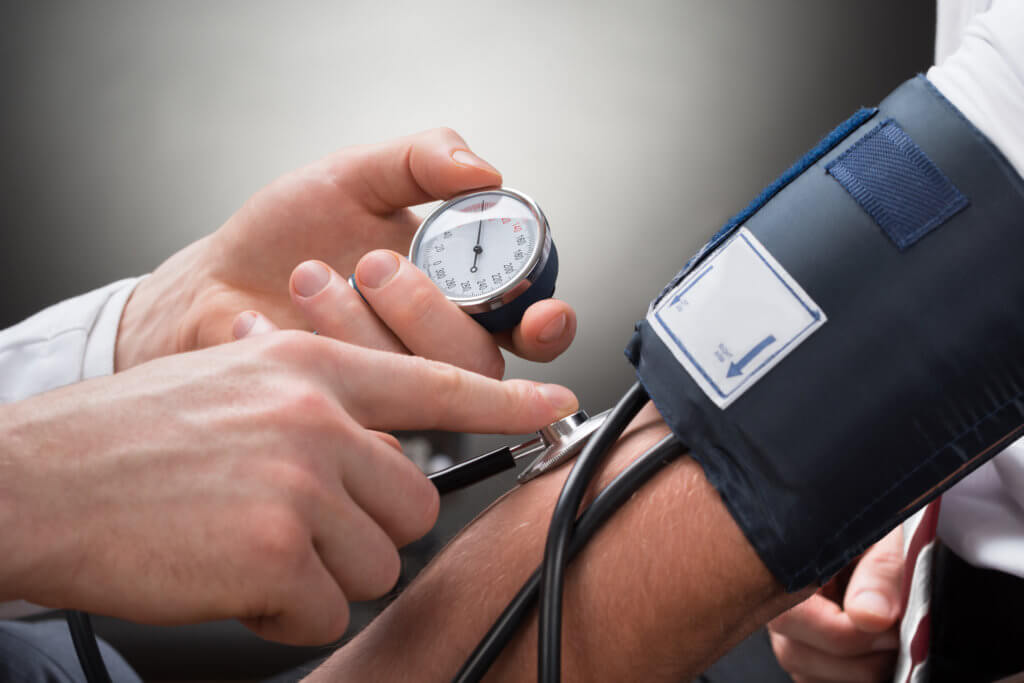As a dietitian, one of the biggest problems people come to me with is the never-ending craving to eat sugar. For too many, feeling an immense “need” to eat sugar is really common. Having some candy here and there to satisfy the sweet tooth is one thing, but eating donuts and soda every single day is another.
Eating high amounts of added sugar on a regular basis can be harmful to your health, increasing your risk of various diseases. Your body is also smart and can tell when you’re overdoing it, so listening to it might help you prevent problems down the road. Here are some signs that you may be eating too much added sugar:
You crave sugar often
A diet high in added sugar has been shown to increase appetite and cravings for foods that typically aren’t nutritious. It is processed very quickly by the body, basically running right through you. As such, consuming too much added sugar can throw your blood sugar out of whack and make it rise and fall more quickly. This leaves you in a continuous cycle of cravings and overconsumption to “satisfy” those cravings.

Your energy levels are all over the place
Since added sugar goes through the body so quickly, you may experience swings in your energy levels. After eating a muffin for breakfast, you probably feel energized. Maybe after 30 minutes or an hour, however, you start feeling fatigued. This is because your energy levels have likely plummeted, and your body is looking for you to eat something else with sugar to give it that burst again.

You never feel full
Eating a fiber and protein-filled meal is one of the best things you do to feel full and satisfied until your next meal throughout the day. Eating a lot of added sugar without these two things can lead to feeling unsatiated after your meals. You might only feel full for a moment after you eat a high-sugar meal or snack, but soon enough, you’re back to opening the fridge because of how rapidly the sugar was processed and the lack of whole nutrients it provided your body. This is why breakfast cereals and bagels are not the best ways to start your day and keep you energized.

You might’ve gained weight
If you eat too much sugar, you might notice some weight gain. Added sugar can greatly increase levels of ghrelin, which is known as the “hunger hormone.” Further, an excess of sugar can impair insulin’s role in the body. Insulin is what helps sugar leave your blood and enter your cells to be used for energy. Insulin resistance occurs when your body’s ability to do that is compromised, leading to high blood glucose levels and weight gain.

You might have high blood pressure
When you think of high blood pressure, you probably assume salt is to blame. However, research continues to show that sugar holds just as much blame. In fact, some studies have shown that added sugar may cause more harm than salt. The proposed mechanism to explain this is that added sugar affects nitric oxide levels. Nitric oxide helps relax the blood vessels, and impaired function can lead to tension in the vessels, which leads to high blood pressure. If you have high blood pressure, it may be helpful to take a look at not only your fast-food intake but the extra cookies at night too.

Bottom Line
It’s more than okay to eat a sweet treat here and there. In fact, it’s a good thing to not deprive yourself all the time. However, eating excessive amounts of sugar is one of the easiest ways to increase your risk of diseases like diabetes, hypertension, and heart disease. If you feel like no food satisfies you, you’ve gained weight, your energy levels are wonky, you’re really tired, or you’re having blood pressure problems, it might be time to look at your diet to see if overeating sugar is the reason.
You might also be interested in:
- ‘Low fat’ doesn’t mean less sugar: Food labels can be truthful, yet misleading
- The Secret Truth About Sugar: Is It Really That Bad For You?
- A Dietitian’s Take: The 4 Best Ways To Crush Sugar Cravings

